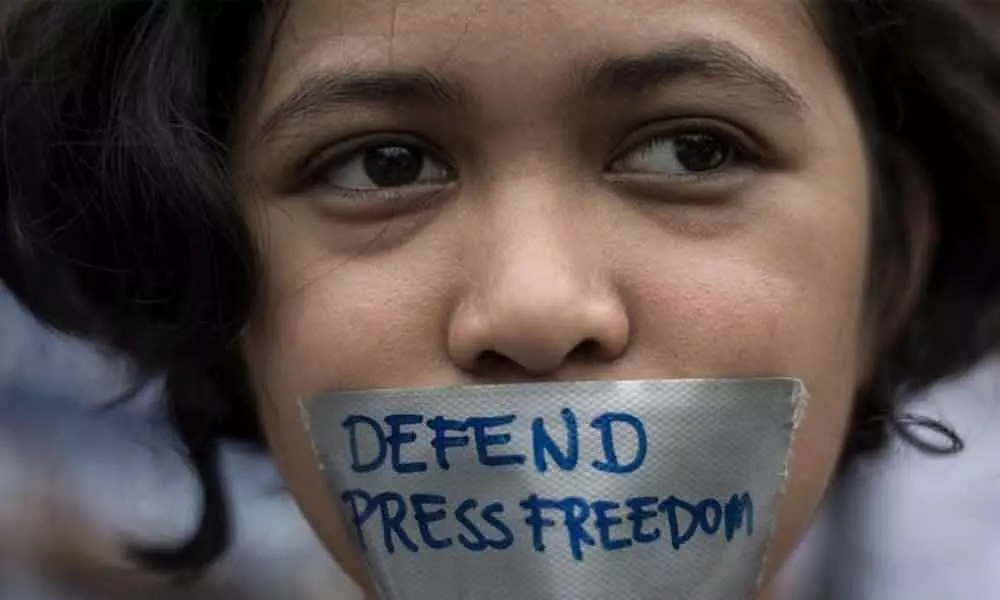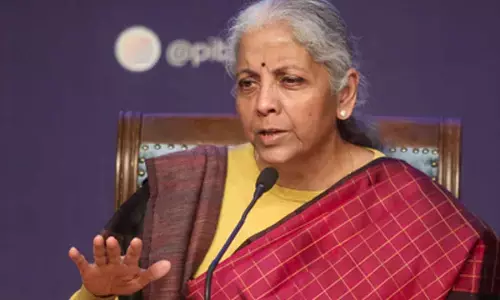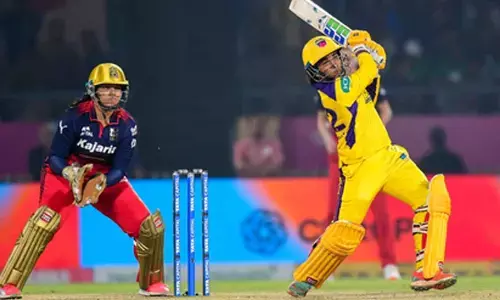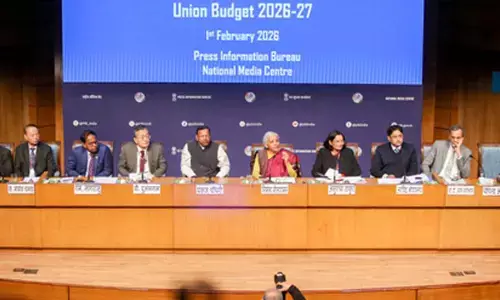It's wholesale prosecution of media

Can a government prosecute the media persons for criminal defamation for their criticism, negative writing about the government, because the government believes publication of such reports is seriously tarnishing its image?
Can a government prosecute the media persons for criminal defamation for their criticism, negative writing about the government, because the government believes publication of such reports is seriously tarnishing its image?
Any government cannot delegate power to all the officers to prosecute media persons, in general, without examining whether a specific publication was defamatory or not.
One should know, first, that a government or Ministry or Department is an impersonal body which cannot claim right to reputation that is available to individual persons or artificial persons like companies or parties.
For law, the Chief Minister, or Minister or an IAS officer etc, is a public servant, whose personal reputation also needs to be protected. The State has authority to order prosecution of media persons if he was defamed for his actions in the government.
If any public servant feels that he was defamed by any publication about his public activity with false allegations, he can seek permission to initiate prosecution of publisher.
The concerned officers and experts including legal experts need to study the facts of the case and if they find justification, prosecution for his defamation could be cleared. This is the due process expected to be followed.
The government of Andhra Pradesh issued a GO that scuttles all that process and permits every officer to initiate prosecution of media persons in a whole-sale delegation of special power to them.
On 30th October 2019, the Andhra Pradesh government, General Administration (I & PR) Department has issued a GO RT no 2430 delegating the powers to all Secretaries of respective departments to lodge complaints and to file appropriate legal cases through Public Prosecutor against false, baseless and defamatory news items published/telecast/posted in print/electronic/social media.
This has reference to earlier GO Rt No 938 issued in 20th February 2007.
The government has issued this order giving authority in the form of whole-sale delegation to lodge criminal defamation cases against the media.
The GO says: "2. Instances have come to the notice of the government that certain print, electronic and social media deliberately to tarnish the image of the government and government officials by spreading false, baseless and defamatory news with mala fide interest.
In order to see that true and correct information reaches the people, the government has empowered Special Commissioner, I &PR to file cases under appropriate sections of the law".
3. However, it is felt that Departmental Secretaries with thorough knowledge of the affairs of their respective departments and also having powers and wherewithal to order enquiries to establish the veracity of news reports/posts in print, electronic, and social media are better placed to issue rejoinders, file complaints and lodge appropriate cases, if need be, through public prosecutor after following due process of law.
4. After careful examination of the matter, the government hereby accord permission to delegate powers to the Secretaries of respective Departments to issue rejoinders, file complaints and lodge appropriate cases, if need be, through public prosecutors against defamatory news items published/telecast/posted in print/electronic/social media pertaining to their respective departments after following due process of law.
5. All Special Secretaries/Principal Secretaries/Secretaries in the Departments of Andhra Pradesh Secretariat shall take necessary action accordingly.
This was issued by order and in the name of the Governor of Andhra Pradesh. The GO was signed by T Vijay Kumar Reddy Ex-officio Special Secretary to Government (I & PR).
If in 2007 only Special Commissioner, I &PR, was empowered to file criminal defamation cases, this GO empowers all Special Secretaries/Principal Secretaries/Secretaries in the Departments of Andhra Pradesh Secretariat to initiate multiple prosecutions.
Though GO mentions that "AP government Departmental Secretaries with thorough knowledge of the affairs of their respective departments and also having powers and wherewithal to order enquiries to establish the veracity of news reports", it mainly empowers all officers to initiate criminal defamation cases.
Why the government did not instruct the officers to issue rejoinders, details, explanations and complete information bulletins to clarify or condemn the false or baseless news?
Without examining whether a posting or article was really targeting an individual public servant, how can the government delegate power to prosecute media persons by a blanket order?
Public servants who are supposed to serve the State with public money are answerable to criticism. They cannot consider every criticism as defamatory.
It is the duty of citizens (including media) to criticise the actions of the government, like an Opposition in the Assembly.
Even if the Opposition sits silently for its own political interests, the media is expected to play the role of Opposition in critically analysing the government's action or inaction.
Most of the media today is politically biased and there are a few media that could rightly claim to be objective. Almost all information or news dished out is tainted with business or political interest of the company that is running that news organisation.
Even if a newspaper is campaigning against the government/ ruling party / its leaders with false and baseless news, the editor can be prosecuted only when its posting is defamatory, but not simply because of adverse writings.
The power in the hands of the State to prosecute journalists for criminal defamation is a very high power and cannot be misused to silence the democratic exercise of free speech.
Criminal defamation is abolished in many democratic countries while ruling parties in India are misusing it to scare the Opposition and scuttle criticism. This GO is indicative of abuse of that power by the state.
If a newspaper is not a neutral platform but aligned to one party or person, it still exercises the freedom of speech and expression as every citizen does. However, it is unethical, improper and unprofessional for media to propagate or campaign like a pamphlet of a political party.
But it cannot be prosecuted for that unless it is defamatory. Fitting answer to such campaigning newspaper could be given only by a similarly biased newspaper totally campaigning against. This reality cannot be ignored.
Such newspapers do not have any moral authority to criticise the media campaigner on other side. A defaming political party has no moral right to use the courts time to protect its reputation from its rival.
Freedom of expression is people's right. It is not the business, profit, campaign or politics aiming at power. It is fundamental right to criticise. A democratic necessity.
(The writer is former Central Information Commissioner and Dean, Bennett University)














